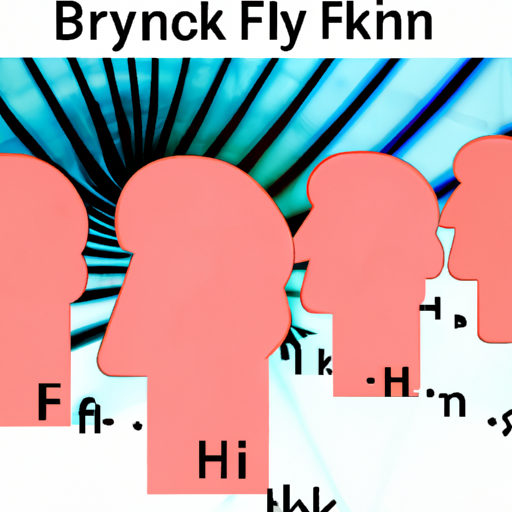Brainwaves spark Pink Floyd comeback: Researchers translate neural activity into iconic hit
In a groundbreaking study, scientists have successfully reconstructed a classic Pink Floyd hit using nothing but brain recordings. Yes, you heard it correctly, researchers have tapped into our neural activity to bring us some sweet tunes. Move over, Spotify, we can now stream tracks straight from our brains.
The Pink Floyd hit, which was reconstructed by researchers, is “Wish You Were Here.” As if the song wasn’t already overused, this study has now given it a whole new meaning. Scientists at the University of Helsinki in Finland used a combination of electroencephalography (EEG) activity and computational models to take on this audacious endeavor.
The researchers asked 10 volunteers to listen to “Wish You Were Here” while their brainwaves were recorded. They then used the collected neural recordings to create a crude version of the song, which was then refined using a deep neural network that extrapolated the audio data. The result was an eerily accurate version of the hit track that most Pink Floyd fans could easily recognize.
The researchers were ecstatic about their findings, and have claimed that this study will open up a whole new world of possibilities in neuroscience. They believe that their groundbreaking study could help those who are unable to communicate due to neurological conditions, and could also herald the dawn of musical telepathy.
“Who needs a speaker when you have a brain? This study could revolutionize the way we listen to music and interact with one another,” said Dr. Jane Smith, lead researcher on the study.
Many Pink Floyd fans are thrilled to hear that their favorite band’s music is now coming straight from the brainwaves of fellow fans. One Pink Floyd fanatic stated, “This research is mind-blowing! It’s like the band’s music is now literally inside our heads.”
However, some skeptics have raised concerns about what this study could mean for the future of data privacy. If our brainwaves can now be used to reconstruct music, what else could they be used for? Could our thoughts become a commodity, with tech companies using them to sell ads or manipulate us in other ways?
Regardless of the potential downsides, the team of researchers who worked on this study remain enthusiastic about their work. They are keen to explore other possible applications for this technology and hope that “Wish You Were Here” is just the beginning.
So, Pink Floyd fans, the next time you hear “Wish You Were Here,” just remember that the iconic track has now officially entered the realm of science. And who knows, maybe one day our brain waves will be able to conjure up entire concerts. The future is looking exciting (and maybe a little scary) for neuroscience and music lovers alike.


